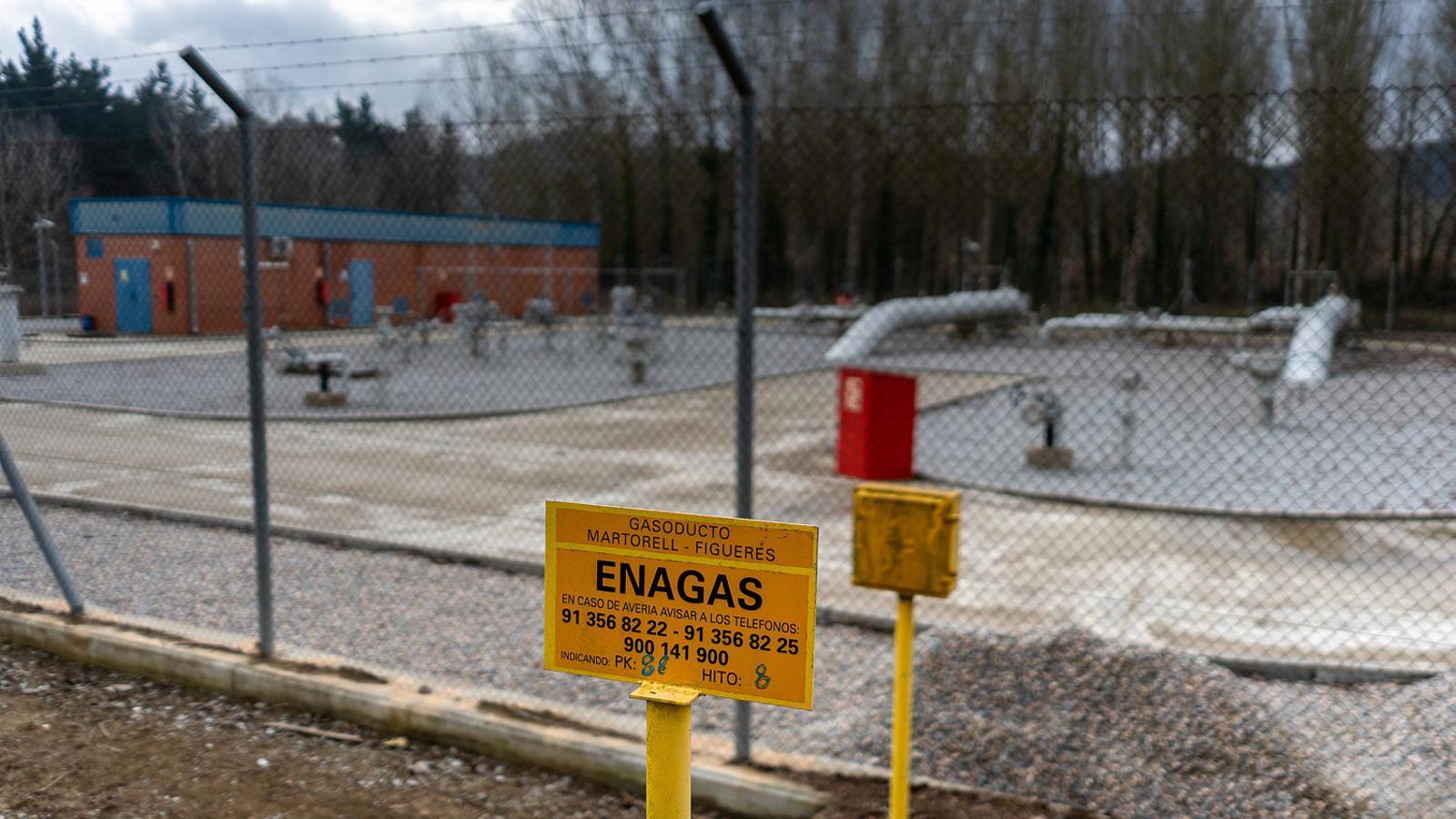The gas system recorded a surplus of €81.1m in 2021, a lower figure than the previous year (€186.7m), which will be used to partially amortise the outstanding annual payments on the accumulated deficit of 2014, according to the sector's final settlement, covering the period from January to September, approved by the National Commission for Markets and Competition (CNMC). The gas system's 2021 financial year is the last in which the complete settlement method was in force, and covers January to September because it is when the transition from the calendar year to the gas year. The 2022 gas year started on October 1, 2021, and will last until September 30, 2022. It will include separate settlement procedures for each activities. According to the CNMC, total revenues from billing tariffs, tolls and fees rose last year to €2.13bn. Additionally, payments amounting to €221.8m were considered in the settlement system, including the partial amortisation of the deficit accumulated since 2014. The energy supplied and invoiced by the gas sector in 2021 reached 284,639 gigawatt hours (GWh), including energy destined for international connections (15,621.3 GWh).
Why is France not interested in the Midcat pipeline?
Emmanuel Macron's government doesn't want to undermine its own energy markets


BarcelonaThe European Union has long included in its energy roadmap an increase interconnections between different states. For Brussels, this is the only way to create a single market, since without exchanges –or the very meagre existing ones– each of the markets operates in isolation. In fact, it is this lack of interconnections that allows Spain and Portugal to limit the price of gas, since the EU authorities have accepted the so-called Iberian exception and consider the Iberian Peninsula to be an energy island.
Building the Midcat, the gas pipeline to link Catalonia with France, is one of the Spanish government's bets to improve interconnections. But France has always been against this infrastructure, despite the urgency of the energy crisis caused by the war in Ukraine. While the German Chancellor, Olaf Scholz, urged the construction of this pipeline and Brussels was ready to provide funding, the Paris government has completely cooled expectations of speeding up the project.
France's arguments are basically that the infrastructure would take a long time to build and, moreover, goes against European policy of eliminating fossil fuels by 2050. In addition, the Macron government doubts the pipeline could be used in the future for the transport of green hydrogen, an energy source that is not yet ripe enough to make reliable forecasts. On the contrary, the Spanish executive claims that, at least its part of the pipeline (between Hostalric and France), could be built in only eight months.
But in addition to these arguments there are others, more linked to the electricity market, according to industry sources. France, with a large number of nuclear power plants, is historically – albeit not in recent months – a large exporter of electricity, and its main foreign markets are Germany and Italy, precisely two of the countries that are suffering the most from the lack of the Russian gas. This is a compelling reason that adds to the reticence expressed by the Macron government about the future pipeline, at a time of decarbonisation of the economy.
The Spanish government, however, has aligned itself with the German government and Brussels and sees the infrastructure as necessary, even though there are differences between coalition partners. While Podemos has shown its opposition, the PSOE and, especially, President Pedro Sánchez and Minister for Ecological Transition Teresa Ribera are in favour of starting the works as soon as possible. This position was repeated this Friday by the Minister of Science, Diana Morant, who claimed the pipeline "is not a matter of opinion, but of being effective in a truly worrying situation" which could lead to an energy shortage in Europe.
France's commitment to nuclear has traditionally put it in a very different position from most of its European partners'. Paris has secured less energy dependence than other countries on the continent, with more security of supply and even an electricity exporting capacity. On the other hand, the new European taxonomy allows nuclear as a transitional system for decarbonisation.
France obtains approximately 70% of its electricity – in Spain this figure is approximately 21% – from its 45 atomic reactors. In addition, it is building a new 1,650 MW new-generation reactor at Flamanville, and Macron presented a plan for new small nuclear reactorsof about 170 MW each.
Changed situation
But despite this policy, France is also suffering its own energy crisis. The price of electricity soared to close to €550 per MWh this week. There are different causes, but basically the highest impact is because some nuclear groups are shut down, due to maintenance work – postponed during the pandemic – and the drought that makes it difficult to cool some of the plants.
This has caused a paradigm shift, since only a year ago France was exporting electricity to Spain and now exactly the opposite is happening. This is due to two reasons: the shutdown of these French plants and the fact that the MWh of electricity in Spain is cheaper due to the gas cap. While in the neighboring country the MWh exceeds 500 euros, in Spain it ranges between 200 and 300 euros.
This increased export of Spanish electricity to France, together with the droughtthis higher export of Spanish electricity to France, together with the drought, the lack of wind and heat waves, has caused the State to burn more gas than ever in its combined cycles: gas consumption to generate electricity is more than double that of a year ago, according to Enagás data.
